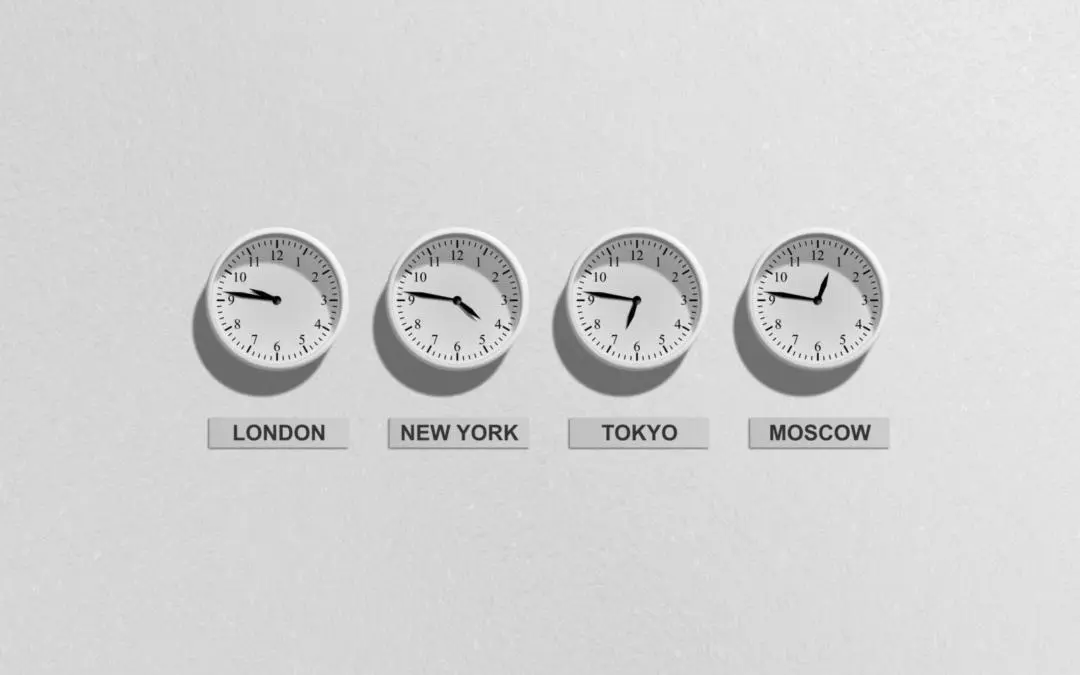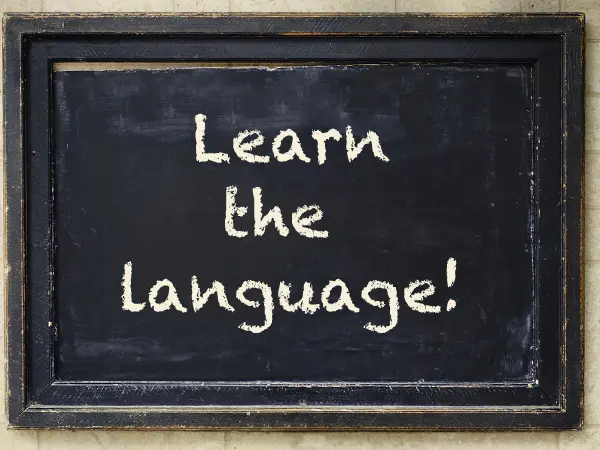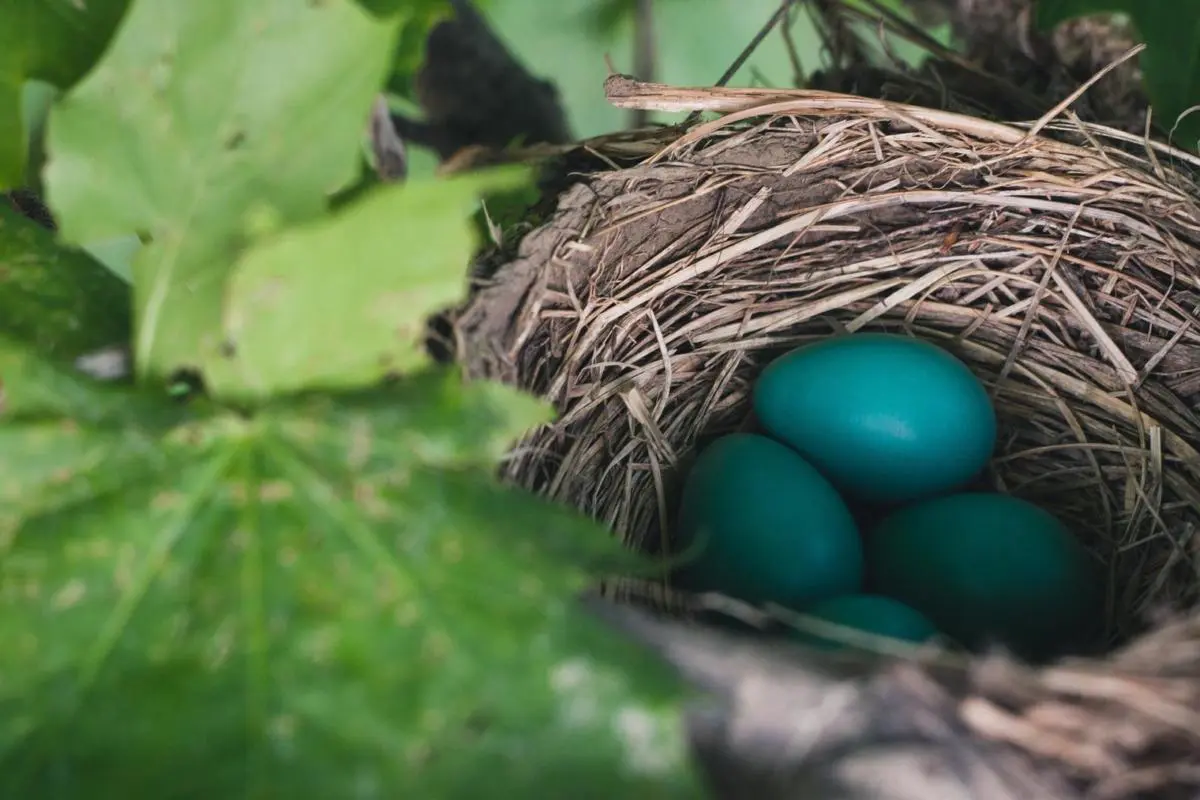Are you one of the increasing number of people from Down Under attracted to ‘la vie française’? We’re here to tell you that moving to France from Australia and New Zealand is absolutely possible, but there are a few hurdles you should be prepared to jump!
May I Please Stay?
The easiest option is staying less than three months, since Aussies and Kiwis don’t need a visa to enter Schengen territories, New Caledonia and Tahiti on a transit or short stay visit (less than 90 days). Unlike Europeans, however, you would need a visa to stay over 90 days. You must apply for the visa at the French consulate in your home country before heading to France. If you don’t plan to work for (or run) a French entity, the visa process is pretty straightforward. A long-stay visitor visa allows you to take residency in France from 4 to 12 months to enjoy the cultural experience. You also have the possibility to renew the residency permit in France without going home. Under some circumstances, you could use a visitor visa to work remotely for a non-French entity.
Some options if you want to work in France (for a French entity):
- As a spouse of an EU or French Citizen: you have the right to live and work in France as long as you want. If you have European ascendants, you can always try applying for citizenship by proving that your parents were born in one of the EU member states.
- Entrepreneur or Special Talent: a special visa was created for applicants who wish to create and run a business in France, whether it is a personal initiative or with a company. Or, if you are a university graduate proving major achievements, a highly-skilled qualified professional, or an investor involved in a specific project with global impact, you may have the right to set up and make a living in France.
Don’t Get Lost in Translation
However much you may want to deny it, learning the language is essential to surviving and thriving in France. Everything is easier when you can express yourself and your needs in the native tongue. And to be honest, you don’t have to be able to quote Molière or debate politics in French. By simply learning the basics, you’ll go beyond the status of tourist, and French natives will greatly appreciate your efforts.
Before making the move, check in with your local Alliance Française Down Under. In Australia, they have offices in Sydney, Melbourne, Perth, Canberra and Adelaide. In New Zealand you can attend French classes and cultural events in Auckland, Christchurch, Dunedin, Hamilton, Nelson, Palmerston North, Rotorua, Timaru, Wellington and Whangarei.
Besides traditional language classes and immersion programs, several online courses and applications make studying more practical and easier to manage. Renestance can even recommend some talented teachers who give private lessons via Skype. A few months of preparation will make a big difference in your level of confidence. And once you arrive in France, sign up for some group or individual classes (or continue with your Skype teacher) that will get you chatting with the locals in no time.
 Patience is a Virtue
Patience is a Virtue
What is the number one things that drives expats from Australia and New Zealand absolutely crazy? No surprises here … bureaucracy! France is as famous for it as it is for wine. Plus, it doesn’t help that you have to straighten out so many administrative issues in the beginning when the language and everything else is still new and confusing. You’ll need to open a bank account, get Internet and phones hooked up, get a residence permit, exchange your driver license, etc. Even simple procedures can take several months. Our advice, just remember that everyone is in the same boat and it often helps to bring chocolates (Renestance research indicates that civil servants respond well to culinary bribery!)
Other facts of life that Aussies and Kiwis have a hard time processing include:
- Restricted business hours (late openings hours and long closures at lunchtime), meaning that it takes longer to get things done, and
- Inflexible French attitudes, because even if you did manage to convince them that there’s a more logical way to do something, their resistance to change can be impressive.
Equally, it takes time to grasp the complexities of French culture, etiquette, child rearing, meal times and driving. To make this transition easier, find a local expert/company like Renestance to help you navigate the essential logistics so you know how school works, how taxes work, how employment contracts work, and even take on your administrative tasks.
Down Under and Far Away
Australia and New Zealand are a long haul from Western Europe, so planning for the long distance can eventually help you cope with missing things from back home. Tips from expats:
- Set up a calling time chart for you and your loved ones back home so that the 10-12 time difference is easier to manage (and nobody gets called at 2 AM).
- Bring over a supply of your favourite food items and ask friends and family to bring them when they come to visit. Even though French cuisine is world-renowned, sometimes you miss the ‘flavours of home,’ which are not as easy to find in France as British foods…and shipping costs will almost always be higher than the price of the food!
Build Your Nest and Network
Setting up a new home is exciting and stressful all at the same time. While familiar comforts are nice, it’s well worth feathering your new nest with items sourced in France or Europe – it will save you changing the plugs on appliances and finding linen the right size for your furniture.
Integration is key, and people you meet in your local area or in the expat community can be a great resource for answers to all your questions and even lifelong friendship. There are several expat networks present in large towns, including Meetup and Internations, but other good ways to meet people are by taking group French classes and by doing things you enjoy (yoga, golf, going to the pub to watch rugby…).
Voir la Vie en Rose
We have spoken to dozens of expats about the pros and cons of making the move, and from all the feedback we’ve received France’s greatest assets are:
- a very affordable cost of living
- a beautiful country to explore
- easy access to a plethora of tourism opportunities throughout Europe
- wonderful fresh food markets, wine, cheese, pastries, bread, etc.
- improved work-life balance
In the end, seeing life through rose colored glasses doesn’t mean forgetting what you left behind, it just means opening yourself up to this new and amazing experience without making any comparison.
Useful Links
ADMINISTRATION
Australian Embassy
4, rue Jean Rey, 75724 Paris Cedex 15
Métro Ligne 6 Station Bir-Hakeim
RER C Station Champ de Mars-Tour Eiffel
Tel : 01 40 59 33 00 – Fax : 01 40 59 33 10
E-mail : consular.paris@dfat.gov.au
New Zealand Embassy
7ter rue Léonard de Vinci
55016 Paris
CULTURAL ASSOCIATIONS
Association France-Australie
AFA – Paris
Les bateaux marnais – 33 quai de halage
94000 – Créteil
Tel: +33(0)1.48.99.20.97
http://www.france-australie.org
Australian Business in Europe ‘ABIE’ France
4 rue Jean Rey
75015 Paris
France
Email : contact@abie-france.com
France-New Zealand Association Paris
http://www.francenz.com
associationfrnz@gmail.com
Tel: 01 43 25 22 81
Association Culturelle Franco-Australienne
16 rue Charlemagne
75004 Paris
https://fr-fr.facebook.com/Association-Culturelle-Franco-Australienne-ACFA-133901653315674
Aussies on the Riviera
20 rue Edouard Schoffer
06300 Nice
Tel : 04 93 55 80 09
Email: aussies_on_the_riviera@hotmail.com
Australia-sur-Loire
Hôtel de Ville
45360 Chatillon-sur-Loire
Email: australia.surloire@tele2.fr
http://australiasurloire.free.fr
We also have a full list of arts, sports clubs, food shops and restaurants – please contact us for a copy!
Jennifer was Renestance's Activity & Excursions Coordinator between 2015 and 2020, a bilingual American from Vermont who's been loving her life in France since 1998. She was passionate about sharing her knowledge and allowing you to discover all of the scenic, cultural and culinary wealth of the Languedoc-Roussillon region.
All articles by: Jennifer Rowell-Gastard


 Patience is a Virtue
Patience is a Virtue


ed
on 2018-06-05 at 15:29Interesting.
You could usefully say more about how to stay in France more than a year, especially for retired people.
If you are talking to New Zealanders and showing a world map, it goes down better if NZ is visible!!
Thanks for the comment, Ed. I’m sorry if the time zone/world map image offended you. It certainly was not intended – we love you Kiwis! 🙂 If you’d like to stay longer than a year, you simply renew your ‘Carte de Séjour’ annually at your local Préfecture in France, as is mentioned in the article. After five years of residency, you can apply for a longer term permit. Feel free to send us an email if you have questions about your specific case contact@renestance.com
Karine Lecaude
on 2018-11-27 at 07:30Hello,
I am a retired Australian and would like to move to France. Could you please advise what are the requirements and whether it is possible.
Thank you in advance
Tori
on 2019-11-21 at 09:57I am studying the possibility of immigration to France. This country is very attractive. Thank you, the article is informative and useful for me.
http://www.immigration-residency.eu/immigration-to/france/